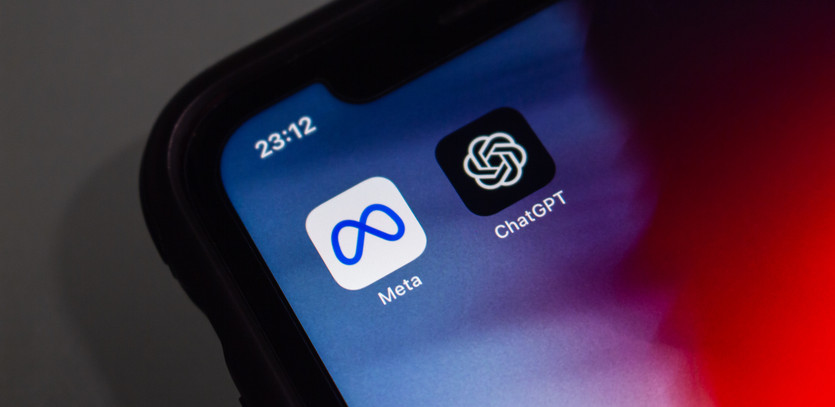Renowned cryptocurrency exchange, Crypto.com, has announced the testing of its Artificial Intelligence (AI) assistant, "Amy", developed using ChatGPT technology from OpenAI. Amy is designed to help users navigate the complex world of cryptocurrency.
The company unveiled "Amy" on Tuesday, highlighting that this AI assistant is currently in the pilot phase, with plans for more expansive functionalities in the foreseeable future.
"Amy represents an AI ally that equips users with up-to-the-minute information about specific cryptocurrencies and projects, including details on pricing and historical events," said the company in a press release announcing the AI launch.
Aimed at being a reliable cryptocurrency guide for the average user, Amy leverages deep learning and extensive data to help users seize opportunities in the dynamic crypto market. While the foundational technology is based on OpenAI's ChatGPT, it has undergone additional training with specific case scenarios to yield more precise and relevant responses for Crypto.com users.
The company, however, made it clear that Amy isn't programmed to provide financial or investment advice.
"Amy reflects our unwavering commitment to innovation and the expansion of our ecosystem," remarked Kris Marszalek, the CEO of Crypto.com. "Our dedication to fostering development and responsible innovation continues with Amy, demonstrating our sustained growth."
The introduction of Amy is another example of the impressive potential of OpenAI's ChatGPT, which many experts consider to be just the beginning of the journey towards true artificial general intelligence (AGI).
Demis Hassabis, the CEO of Google's DeepMind, recently mentioned that AGI, AI systems capable of performing tasks requiring human intelligence, could be realized in a matter of years.
Speaking at a Wall Street Journal convention, Hassabis expressed his awe at the rapid advancements made in recent years. "There's no indication that this progress will falter. In fact, it might even pick up speed. Thus, within a decade, we might be closer than we think," he suggested.
"We can anticipate very capable, very general systems in the next few years," he concluded.




